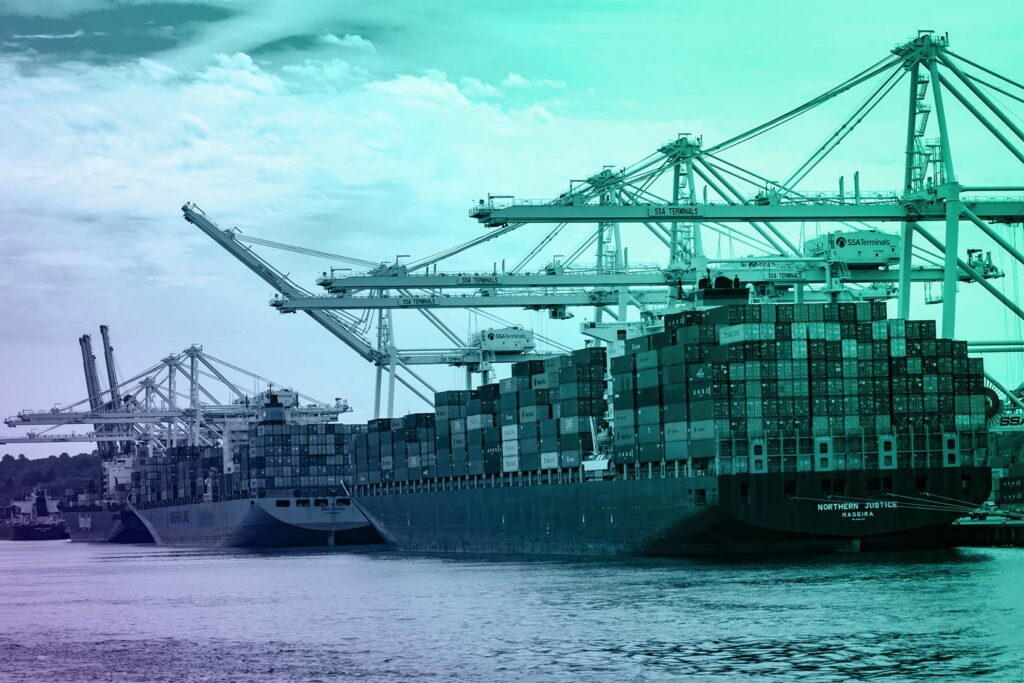By: David Barrosse, CEO
September 23, 2021 — A recent book, The Long Game: China’s Grand Strategy to Displace American Order, makes the compelling case that the Chinese Communist Party (CCP) has been following a systematic plan to exert its influence over the region and the world since the end of the Cold War. The author, Rush Doshi, is the current China Director on the US National Security Council. The book is not a polemic, but a meticulous review of Chinese Communist Party speeches and documents. The author’s conclusions point to a realignment of global power and a long-term competition between the West and China. The world that Doshi describes does not appear likely to be friendly to robust Western investment in China.
An ominous signal of the competition that Doshi describes is playing out in US trade policy. A little more than a week ago, the Biden administration strategically leaked news that it had completed a review of US-China trade policy and would soon announce new Section 301 trade cases against China, which could lead to new tariffs. In an interview that Capstone conducted with trade expert Chad Bown, it became clear that a dramatic rollback of Trump-era tariffs is unlikely. Instead, we are likely to see a shift in emphasis. Where Trump was focused on the forced transfer of intellectual property, Biden is focused on state subsidies and industrial policy. Where Trump was focused on putting tariffs on inputs like steel, Biden is likely to be more focused on finished products.
Last week also saw a significant new alliance explicitly created to challenge China’s growing power in Asia. The US and the United Kingdom announced a partnership to assist Australia in building nuclear-powered submarines. The deal is specifically designed to be a part of a strategic containment of growing Chinese power in the region. The motivation for the alliance in Australia was accelerated by recent Chinese attempts to use heavy-handed economic coercion against the country. The Chinese attempts at bullying Australia backfired, leading directly to the new alliance. However, in a sign that the Biden administration is still struggling to communicate effectively with some US allies, the new alliance set off a firestorm in France who had been negotiating for the past five years to supply Australia with conventional submarines.
Investors are likely aware of the mounting trade and national security challenges facing Chinese investments. Many investors have described their Chinese investment strategies as being specifically designed to avoid the US-China nexus, preferring to focus on Chinese companies that serve the domestic market. However, this “safer” strategy may also run afoul of US policy and investment firm’s own ESG principles. Policies meant to prohibit US investors from investing in or trading with companies that use forced labor are set to accelerate after the declaration this past January that the CCP was committing genocide against the Muslim ethnic minority Uyghurs in the Xinjiang Autonomous Region of China. Experts Capstone met with recently suggest it is almost impossible for a US company to certify that a Chinese company has no link to the practice of forced labor somewhere in their supply chain.
Many of my most recent conversations with corporate and investor clients suggest an increasing concern that these risks will only accelerate.
The Coming Tech Policy Escalation and Questions for the Balance of 2024
July 8, 2024 By JB Ferguson, Global Head of Tech, Media, and Telecom Policy *As we reach the year's midpoint, Capstone is revisiting our sector 2024 predictions and looking ahead to the second half of 2024. From lifelike language models to the cutting-edge...



























